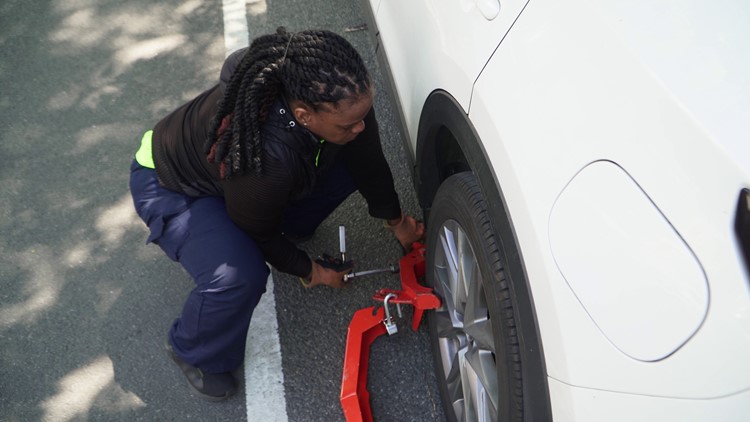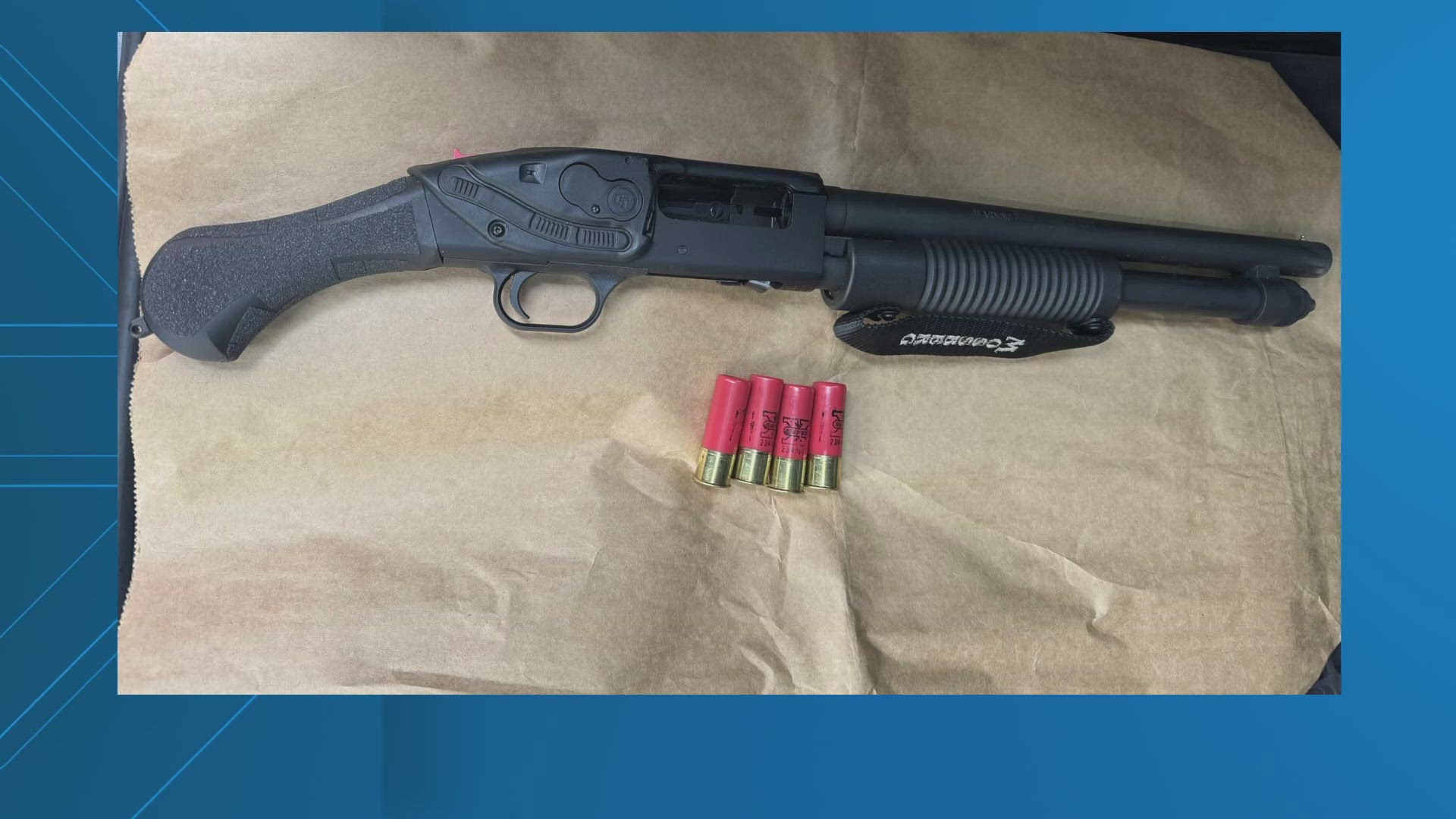WASHINGTON — Maryland and Virginia drivers will no longer be able to rack up thousands of dollars in D.C. tickets with no consequence.
A new law went into effect Tuesday that will allow D.C. to hold dangerous drivers accountable and deter repeat offenders. The Strengthening Traffic Enforcement, Education and Responsibility Amendment Act of 2024 (STEER Act) was brought by Councilmember Charles Allen of Ward 6.
The STEER Act gives D.C. more authority against dangerous drivers in three main ways.
First, the D.C. attorney general is now able to sue drivers who haven’t paid large traffic fines, even if they live outside of the District. This will affect drivers who have tens of thousands of dollars in unpaid tickets, not people with just a ticket or two, according to Allen.
This went into effect just weeks after WUSA9 reported that a Maryland driver who ran over a 12-year-old girl’s foot owed D.C. more than $18,000 in unpaid tickets. The driver was later charged with reckless driving.
And it isn’t new. A March 2023 FOIA request to D.C.'s Department of Public Works revealed that D.C. was owed $889,187,824 in unpaid tickets in 2022. And between October 2020 to March 2021, 75% of unpaid photo tickets in D.C. belonged to Maryland drivers.
This is likely in part because Maryland and Virginia drivers do not face penalties in their home states for D.C. tickets. Back in 2021, Mayor Muriel Bowser tried to negotiate an exchange deal with Maryland and Virginia for their drivers to pay outstanding D.C. camera tickets or get their license suspended, but she said that both governors turned down the offer at that time.
Second, anyone convicted of criminal reckless and aggravated reckless driving may have an intelligent speed assistance system installed on their vehicle by the DMV that will automatically limit the speed that it can travel based on speed limits, according to the STEER Act.
This functions similarly to an ignition interlock device that is installed on vehicles owned by people convicted of driving under the influence, Allen wrote.
Third, D.C. has created a new point system that will allow the city to boot and tow vehicles that rack up a certain amount of speeding and moving violations within a six-month period.
Driving 11 to 15 miles per hour over the speed limit will result in two points, 16 to 19 miles per hour over will be three points, 20 or more miles per hour over will be five points, reckless driving will also be five points and aggravated reckless driving will be 10 points.
Ten or more points within six months may result in the vehicle being booted or towed. Points are assigned based on tickets issued by both speed cameras and law enforcement.
It is important to note that the new point system is separate from the current point system for drivers, in which points are only assigned by law enforcement tickets and 10 or more points results in license suspension.
In addition to giving authority against dangerous drivers, it also will protect victims of vehicle theft. The act will make sure owners of cars that have been stolen are not liable for any tickets thieves rack up on their vehicles.
This, too, has been a problem for years. People who have had their cars stolen in D.C. have long faced problems with getting the DMV to recognize and drop charges collected by thieves driving their vehicles. And if they finally did, the DMV often only dropped some of the multiple charges.
Now, the STEER Act amends the District of Columbia Revenue Act of 1937, requiring that D.C. Police send data related to stolen vehicles to the DMV, taking the burden off of the person whose car was stolen to provide the reports.



